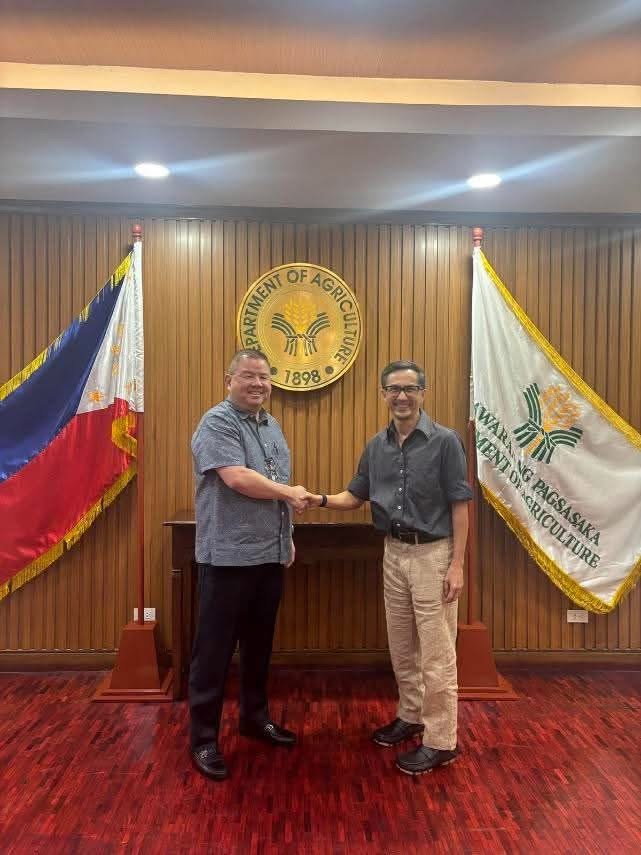The Department of Agriculture (DA) announced over the weekend accelerated plans for a major agri-logistics hub in Pampanga, with corporate and inter-agency support from the Department of Transportation (DOTr) and Clark International Airport Corp. (CIAC), signaling a significant commercial pivot in the country’s agricultural infrastructure strategy.
Agriculture Secretary Francisco Tiu Laurel Jr. confirmed that approximately 47 hectares of CIAC-owned land near the Clark International Airport have been earmarked for the project, with an initial 12-hectare development phase to be launched at a cost of roughly ₱2 billion. The hub is designed to centralize the storage, processing, and distribution of agricultural commodities, promising streamlined access for farmers, traders, and institutional buyers.
Tiu Laurel, following a joint site inspection with CIAC executives, emphasized the hub’s commercial potential but acknowledged logistical constraints in site access. “A 12-hectare section could be sufficient for initial development, considering our current budget and timelines,” he said, estimating a construction window of 18 months, although no firm timeline has been confirmed.
The project, viewed as a strategic logistics investment, leverages CIAC’s role as a government-owned and controlled corporation under the Bases Conversion and Development Authority (BCDA) and as the DOTr’s lead agency for Clark Airport operations.
DOTr Secretary Vince Dizon, who also chairs CIAC, highlighted the venture’s potential to transform Philippine food logistics, citing Clark’s strategic position near the Subic seaport, Subic-Clark Expressway, and international airport. “This hub could be a game-changer for agriculture,” Dizon said.
The food hub concept was originally pitched by French public-private firm Semmaris, operator of the world’s largest wholesale food market, Rungis International Market. However, early implementation stalled after Semmaris’ local partner withdrew due to high relocation costs tied to the original site, which would have likely increased food prices.
As part of a broader agri-commercial vision, the DA also revealed that it is exploring other regional locations for similar food hubs, aiming to boost farm productivity, stabilize food supply chains, attract investments, and raise farmer incomes across the country.






